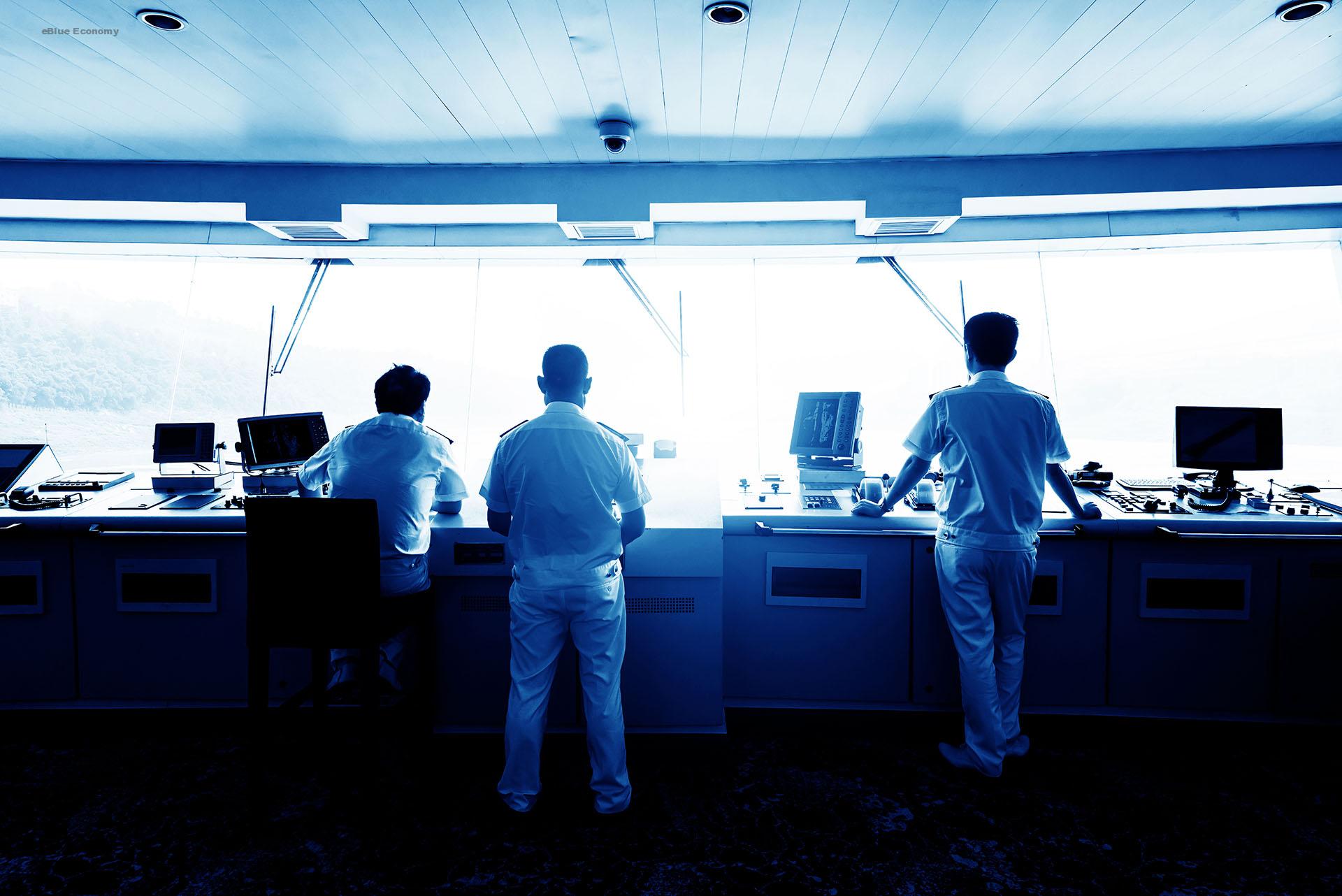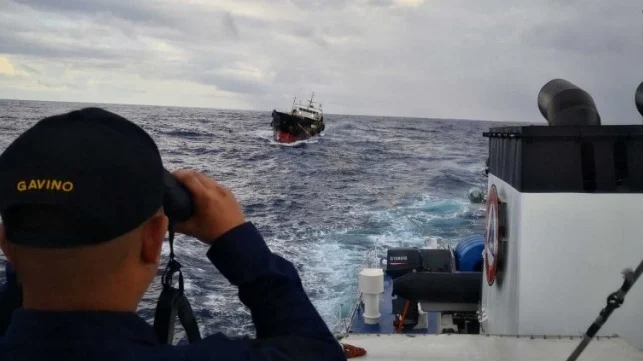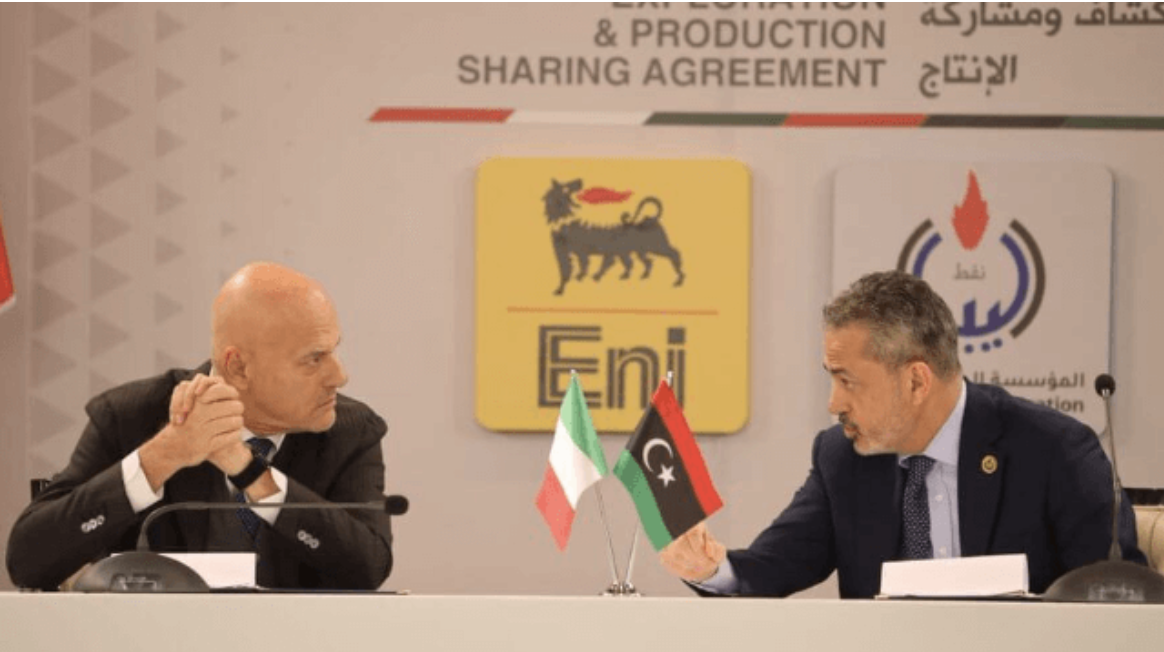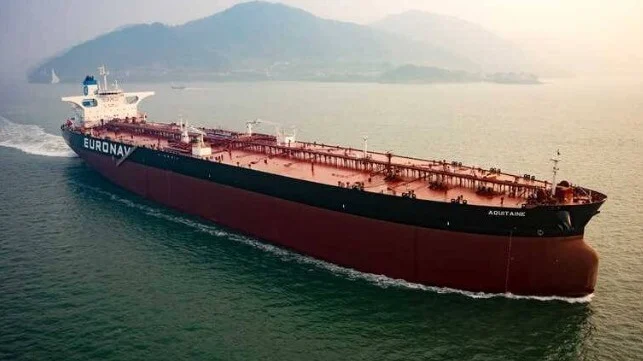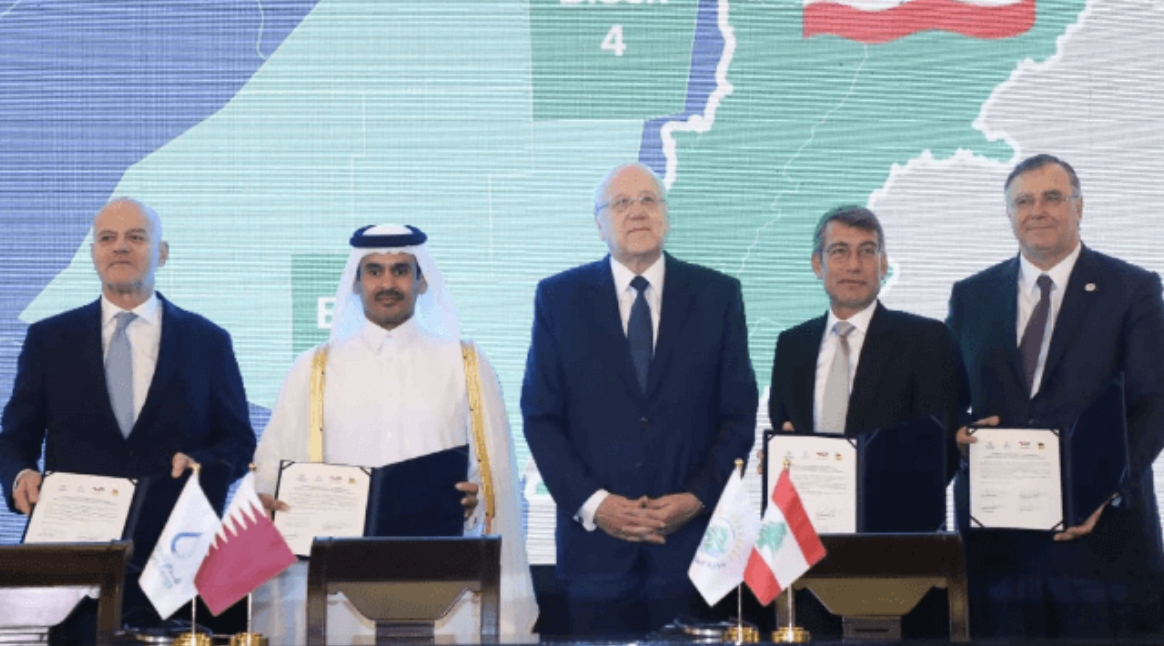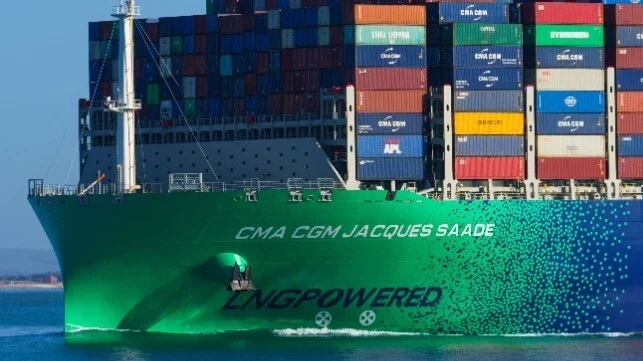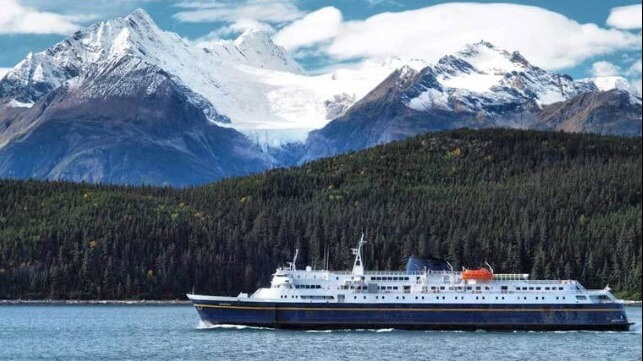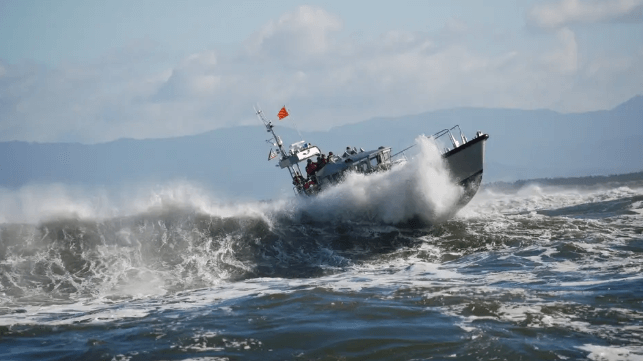By invitation of the WMU African Caribbean Students’ Association (ACSA), Dr. Cleopatra Doumbia-Henry, President of the World Maritime University (WMU) delivered a lecture to WMU students and staff entitled “Global Governance During Pandemic: Implications of Force Majeure and National Emergency for Worker Rights Protections.” President Doumbia-Henry highlighted the current crisis seafarers are facing due to the pandemic.
The global economy depends on shipping for 80% of all goods, and the world’s 2 million seafarers are key workers, crewing 65,000 ships at sea every day. They are responsible for the daily goods that we rely on including, energy, food, medicine, and other products. While countries world-wide have shut down due to the COVID-19 pandemic, shipping has remained a viable means of transporting urgent supplies around the world.

The International Maritime Organization (IMO) has called for “seafarers” to be designated as “Key Workers.” This designation applies to “seafarers, marine personnel, fishing vessel personnel, offshore energy sector personnel, and service personnel at ports.” It is critical that seafarers be granted exemptions from travel restrictions, be able to join and leave ships and return home without impediment while complying with good practice in infection control, as well as be able to fulfill practical arrangements relating to the renewal of their certifications and licenses.
“Governments and relevant national and local authorities must recognize that these workers provide essential services, regardless of their nationality, and should be exempted from travel restrictions when in the jurisdiction of countries,” said President Doumbia-Henry.
Over 300,000 seafarers worldwide have been stranded or abandoned at sea during the pandemic and have not been able to undertake crew change and repatriation as required by the Maritime Labour Convention (MLC, 2006).
Many have been on ship for 15 months, yet the MLC, 2006 ratified by 97 countries to date provides that when a seafarers’ contract ends, which cannot exceed 11 months, they have a right to repatriation.

eBlue_economy_Dr. Cleopatra Doumbia-Henry,
President Doumbia-Henry highlighted IMO circular letter 4204 and the Joint Statement of the International Labour Organization Special Tripartite Committee of the MLC, 2006 that provide guidance and emphasize the importance of respecting seafarers’ rights to repatriation. In addition, the International Maritime Organization has issued a 12-step plan to restart crew changes so seafarers can disembark and new crew be deployed.
“Now, more than ever, Governments, and the world, need to recognize the critical role that shipping plays in supporting the global economy. Seafarers are undoubtedly ‘Key Workers’ that require exemptions from national and local pandemic regulations that restrict their movement, medical support, and repatriation, and they require reasonable access to fuel, water and provisions for ships.
Our global economy depends on seafarers. It is imperative that Governments ensure that seafarers can transit, transfer and join ships in ports around the world, and they have an obligation to support the well being of seafarers so that the goods we rely on continue to be delivered, including urgent medical supplies,” said President Doumbia-Henry.
The lecture was delivered by video conference due to COVID-19 restrictions, and concluded with a lively question and answer session.


